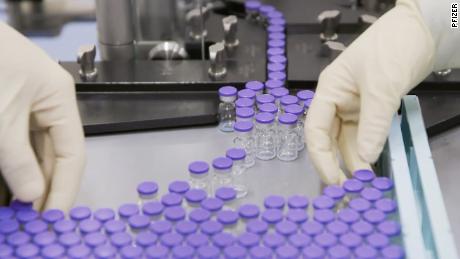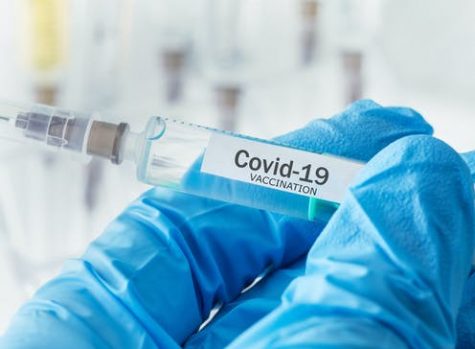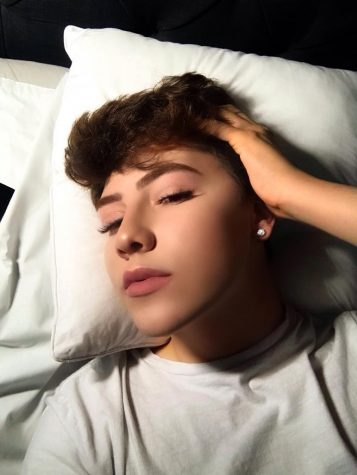The Vaccines We’ve Been Waiting For

November 20, 2020
It’s been a very long 12 months since Coronavirus’ first case was reported back on November 17th, 2019, but things have the potential to get better within the foreseeable future once Moderna, BioNTech and Pfizers’ COVID-19 vaccine is released. Both vaccines prove to be more than ninety-percent effective in clinical trials and could be available by the end of the year at its earliest.
How it works:
“In this case, Moderna’s mRNA-1273 is programmed to make your cells produce the coronavirus’ infamous coronavirus spike protein that gives the virus its crown-like appearance (corona is crown in Latin) for which it is named,” wrote The Independent Newspaper.

Tal Brosh, head of the Infectious Disease Unit at Samson Assuta Ashdod Hospital said that this does not mean the vaccine changes people’s genetic code. Rather, he said it is more like a USB device (the mRNA) that is inserted into a computer (your body). It does not impact the hard drive of the computer but runs a certain program. Once the mRNA strand in the vaccine is inside the body’s cells, the cells use the genetic information to produce the antigen. This antigen is then displayed on the cell surface, where it is recognised by the immune system.
He also acknowledged that there are unique and unknown risks to messenger RNA vaccines, including local and systemic inflammatory responses that could lead to autoimmune conditions.
Who should get it first?
The production and release of COVID-19 vaccines raises this important question for world leaders. Some experts have argued that health care workers and high-risk populations, such as people over 65, should be immunized first. The WHO, on the other hand, suggests countries receive doses proportional to their populations, administered by hospitals with proper cold storage utilities, which the Pfizer vaccine needs. On the other hand, there are others who believe that those in locations with high-infectivity rates should recieve the vaccinations first.
The next question is, when will these vaccines start to be distributed amongst America. That is for now unclear, as President Trump’s administration has not been willing to cooperate with Biden’s team who are pushing for free testing and free vaccines for all. However, Pfizer has asked the FDA to authorize its COVID-19 vaccine for emergency use as of November 19th, 2020, which potentially allows for Americans to get a vaccine by mid-December 2020.











